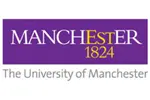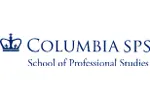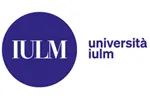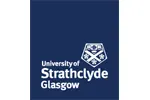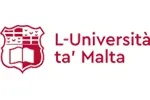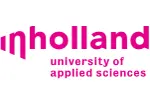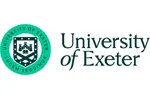Founded
1824
History
The university was founded in 1851 after a bequest from John Owens, a Manchester merchant. On 1 October 2004, the university merged with the University of Manchester Institute of Science and Technology, which was originally established as the Manchester Mechanics' Institution in 1824 and incorporated as Manchester College of Science and Technology in 1956.
It is located 2km south of Manchester city centre.
Admission to first degree courses
Through Universities and Colleges Admissions Service (UCAS).
First Degrees
BA, BA(Accg&Law), BA(Econ), BA(Education), BA(EngLangTeaching), BA(Govt&Law), BA(LangLit&Comm), BA(LearDisStudies), BA(Mgt&Leisure), BAPS(ECS), BAPS(Educ), BAPS(SW), BAppLing, BArch, BD, BDS, BEconSc, BEd, BEng, BLD, BLang, BLing, BMedSc, BNurs, BPharm, BPhil, BPl, BSc, BSc(Audiol), BSc(SpeechLangTherapy), BScHCE, BScPharmSc, BSocSc, BTP, LLB, MB ChB, MusB
Higher Degrees
Masters
ChM, LLM, MA, MA(ArtGall&MusStud), MA(Counselling), MA(Econ), MA(Econ)Soc, MA(EnvirImpAssMan), MA(Theol), MA(UrbDesReg), MA(UrbPlanDev), MAppLing, MArch, MBA, MBIS, MBSc, MChem, MChemPST, MDSc, MEarthSci, MEd, MEng, MHSc, MInf, MLang, MLangEng, MLangTrans, MLing, MMatSc, MMath, MMath&Phys, MOptom, MPharm, MPhil, MPhil(Education), MPhys, MPsy, MRes, MSc, MSc(Acc&Fin), MTP, MTPl, MusM, MusM(Perf)
Doctoral
ClinPsyD, DBA, DCouns, DDSc, DEdPsy, DEng, DMedSc, DSc, DSocSc, EdD, EngD, LLD, LittD, MD, MusD, PhD
Language of Instruction
English. English language classes available in the Language Centre.
Libraries
Volumes: 3,800,000.
Periodicals subscribed to: 8,900.
Other Holdings
37,903 audiovisual items
6,500 electronic journals
1,300,000 manuscripts/archival items
361,954 microforms
Special Collections
Spencer (Bibles)


